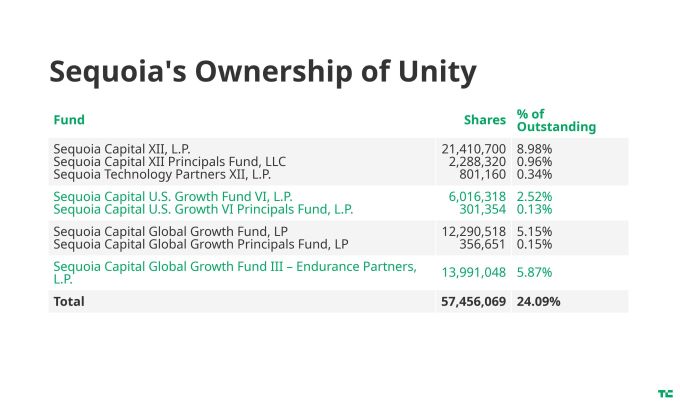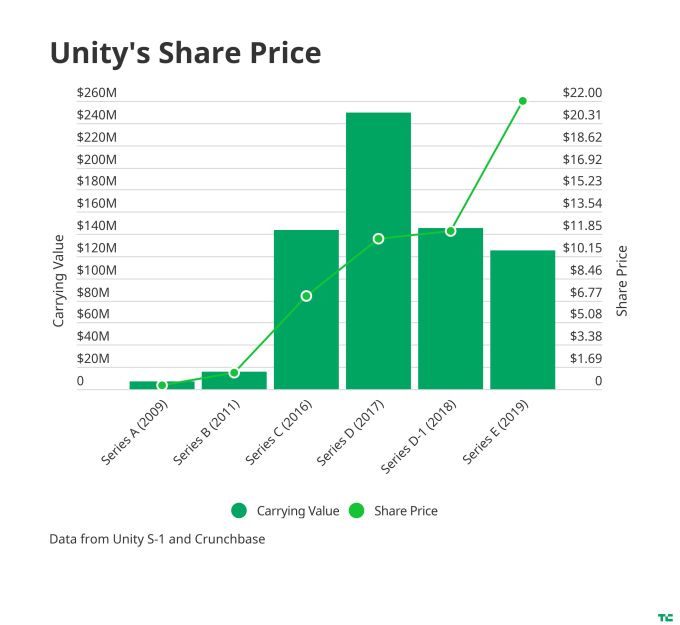Cloud photo storage app Ever is shutting down, citing increased competition with the default services offered by Apple and Google as the cause. The company, however, had other issues beyond the plight of a small startup trying to compete with tech giants. Last year, NBC News reported the company had been using its customers’ photos to develop facial recognition technology that it turned around and offered for sale by way of the Ever API to business clients, including law enforcement and the military.
The company’s real business model wasn’t properly disclosed to consumers who visited the Ever website or app, the report said.
Ever had argued at the time it wasn’t sharing people’s private photos or any identifying information with its facial recognition customers. Instead, it had used the billions of images its customers had uploaded to build an algorithm that can learn from matches and is now able to train itself on other data.
The American Civil Liberties Union (ACLU) of Northern California said the business was an “egregious violation of people’s privacy,” as few knew their family photos were being used to build surveillance technology.
While other companies, including Amazon and Microsoft, have built out facial recognition technology products of their own in recent years, they do so using public datasets. Ever had used its own users’ photos and without informed consent. (A line was added to Ever’s privacy policy only after NBC News had begun to investigate and reached out to the company, the report said).
After the news report came out, Ever rebranded its Ever AI as Paravision to distance itself from the controversy.
As of last month, Paravision was continuing to tout its product. In a July press release, the company announced its had achieved top-2 accuracy globally on the National Institute of Standards and Technology (NIST) Face Recognition Vendor Test (FRVT) July 27 report focused on face recognition with masks. The company also sells a suite of activity recognition tools in addition to its face detection solutions. It appears this business lives on, despite the consumer app closure.
Unfortunately, 2019 was not the first time Ever had made headlines for its poor business practices.
Amid the increased pressure from Google and Apple’s photo technology advances, Ever back in 2016 began to spam its users’ contacts over SMS with invites to check out its app. SMS invite spam had been a popular, if generally disliked, growth hack technique for social apps at the time. In Ever’s case, it helped the app climb the iOS charts ahead of its Android release.
It’s also notable that Ever is attempting to use the current focus on tech company monopolies as a way to redirect blame for the Ever app shutdown.
Today, Apple, Google and other tech giants are under antitrust investigations in the U.S., as the government works to determine if these companies have used their platform status to damage or even eliminate their competition.
Ever specifically calls out Apple and Google in its announcement, saying that:
The service has been around for over seven years, but with increasing competition over the last several years from Apple and Google’s photo storage products (excellent products in their own right, and worth checking out as an alternative), the Ever service is no longer sustainable.
The implication here is that Ever didn’t have a chance when faced with such steep competition and now its business is over.
The announcement fails to mention how Ever’s own behavior may have played a role in eroding its users’ trust over the years or how it has later found success as a B2B technology solution provider.
However, the company’s shutdown FAQ makes a reference to its facial recognition technology. Here, the company explains that once Everalbum shuts down the Ever service, users’ photos and videos will “never be used for any purpose, including improving computer vision capabilities such as face recognition.” It says also it will delete user data, except in cases where it’s required by law to keep it and confirms users’ actual photos were never sold to third parties.
That’s too little, too late for Ever’s customers who would never had agreed to allowing their photos to be used to build facial recognition technology in the first place. Now that the technology is built, it seems Ever has no further need for the initial training data collected over the years.
The Ever service shuts down on 11:59 PM PDT on August 31, 2020. Customers will be able to export data n delete their account before then, the company says.
Paravision, as the remaining part of Ever’s company is called, has raised $29 million in venture funding, according to data from Crunchbase. (This includes funds raised as Everalbum.)



